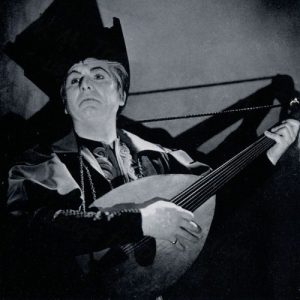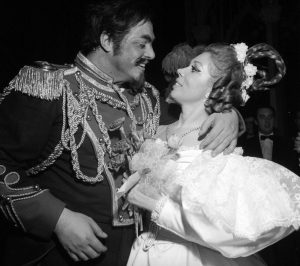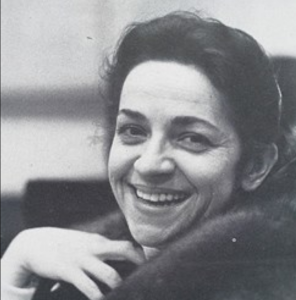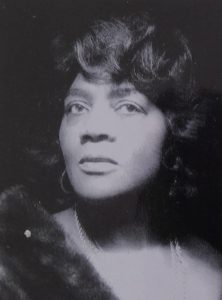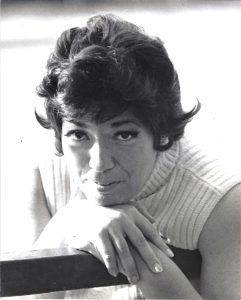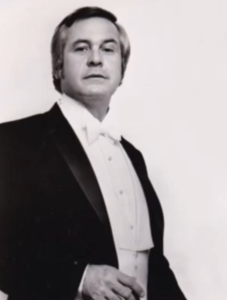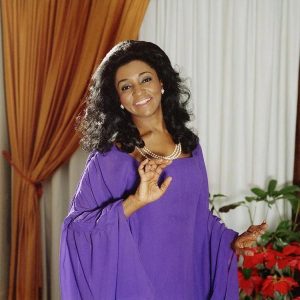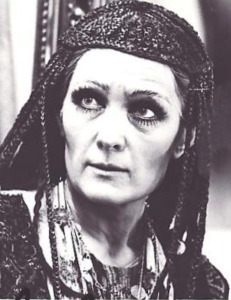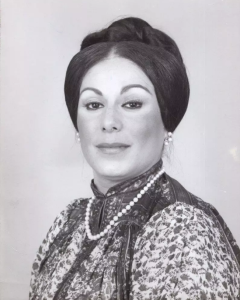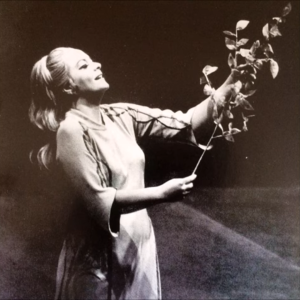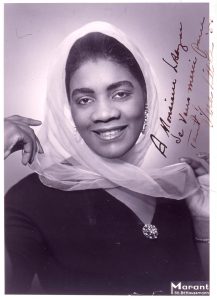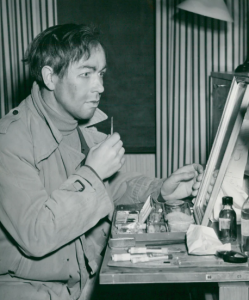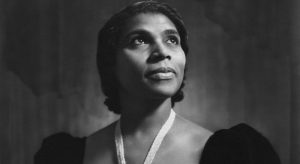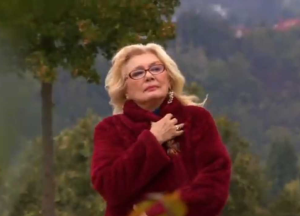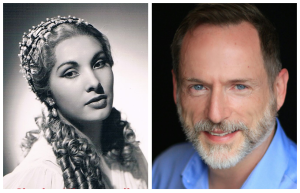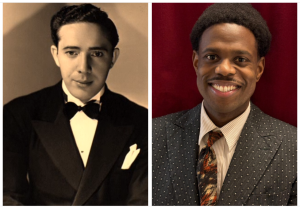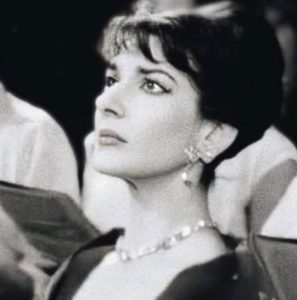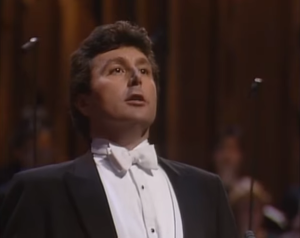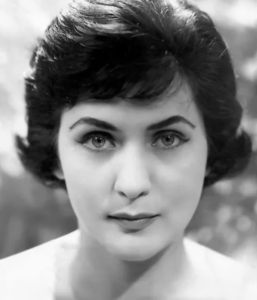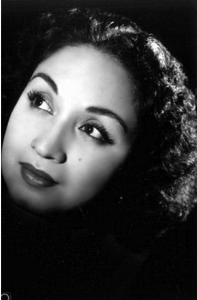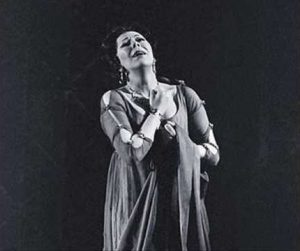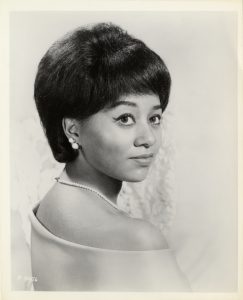Podcast: Play in new window | Download (Duration: 1:24:53 — 116.6MB) | Embed
Subscribe: Spotify | TuneIn | RSS | More
In the past I have featured interviews with wonderful guests (including Ira Siff, Janet Williams, Nicholas Tamagna, August Ventura, David Savran, and others), but they have been few and far between. The vast majority of my episodes consist of me talking solo about whatever singer or topic I am presenting on a given day. But today, alongside the new season of Countermelody, I also initiate a new series called “Countermelody Conversations,” in which I interview friends and colleagues in (and out of) the music business, discussing music, singers, singing, and all the issues that come up in such discussions. My first guest in this series is my good friend Andrew Gray. Many years (and lifetimes) ago, Andrew was a voice student of mine. Most voice teachers, when bragging about their students, tell you what opera houses they have been singing in. But Andrew is associated with an altogether different house, the Alaska State House of Representatives, of which he is a recently re-elected member. In this episode, Andrew describes how he went from being a Broadway wannabe to a politician. As he himself states, he is content that he has now found his true calling, but it is wonderful to trek that journey with him. I interviewed Andrew last summer when he and his son visited Berlin. He brought along a fascinating setlist of some of his favorite music, which we also discuss in detail. Andrew has a way of listening to and evaluating music which is distinctly different from mine, which means that he presents music and singers that you might otherwise not encounter on Countermelody. I’m so proud to have him as the first guest on this new series, for which I’m already planning subsequent conversations.
Countermelody is the podcast devoted to the glory and the power of the human voice raised in song. Singer and vocal aficionado Daniel Gundlach explores great singers of the past and present focusing in particular on those who are less well-remembered today than they should be. Daniel’s lifetime in music as a professional countertenor, pianist, vocal coach, voice teacher, and author yields an exciting array of anecdotes, impressions, and “inside stories.” At Countermelody’s core is the celebration of great singers of all stripes, their instruments, and the connection they make to the words they sing. By clicking on the following link (https://linktr.ee/CountermelodyPodcast) you can find the dedicated Countermelody website which contains additional content including artist photos and episode setlists. The link will also take you to Countermelody’s Patreon page, where you can pledge your monthly or yearly support at whatever level you can afford.


